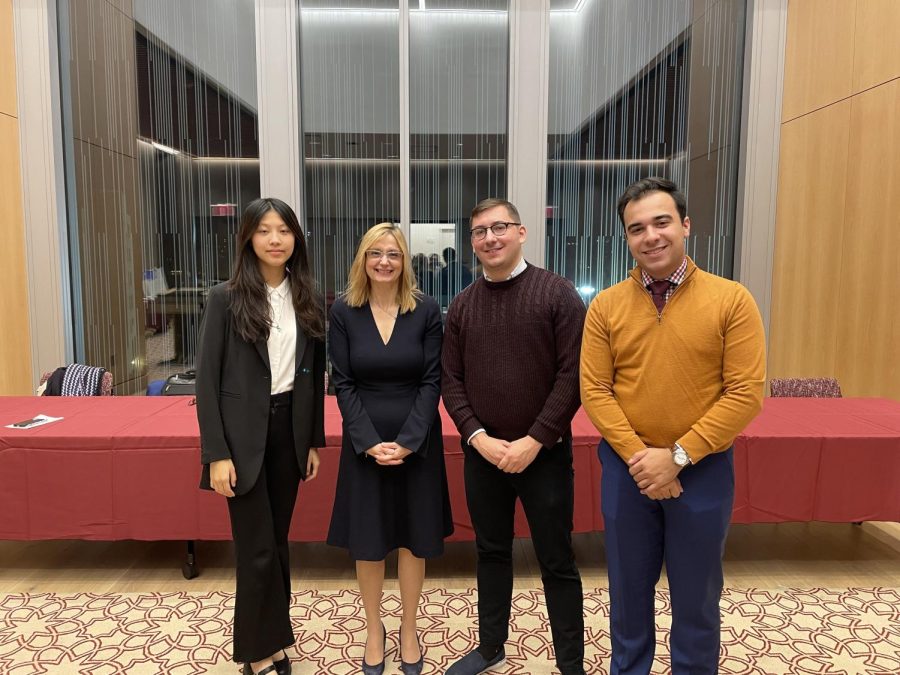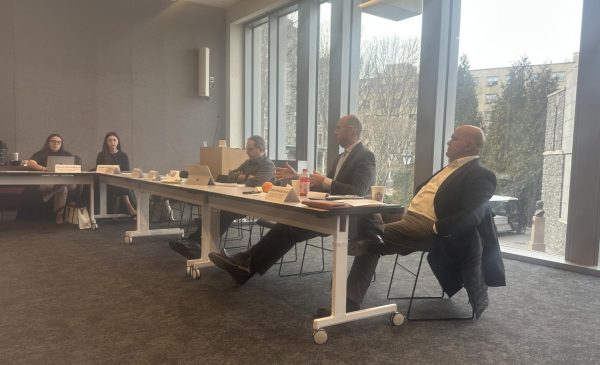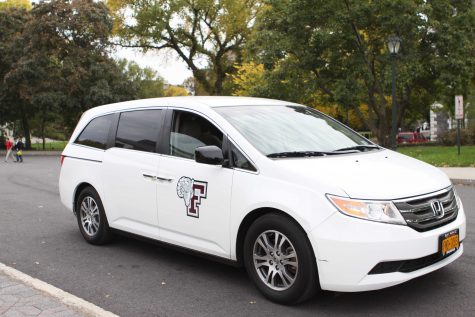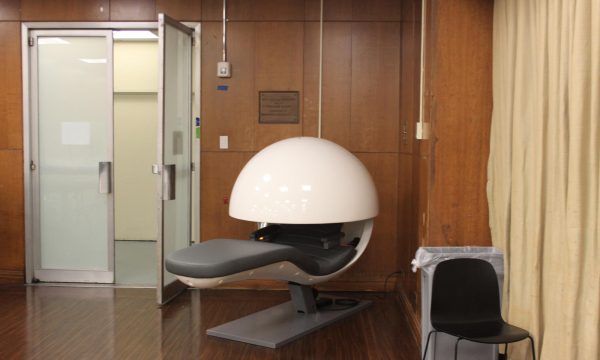Fordham Hosts Programs for “National First-Generation Day”
Nov. 8 marked “National First-Generation Day.” The day is meant to celebrate college students, staff and faculty who are the first in their families to complete a four-year undergraduate degree. Fordham hosted two events during the week aimed at showing support for Fordham’s first-generation community and highlighting issues that affect them.
The university hosted a panel on Nov. 8 that discussed impostor syndrome. Impostor syndrome is a feeling of self-doubt and not belonging, despite one’s achievements. While impostor syndrome is not exclusive to first-generation students, it is especially common among them.
“There’s no reason to think that people who are not first-gen don’t experience impostor syndrome, but certainly people who are first-generation seem prone to impostor syndrome,” said Patricio Meneses, Ph.D., interim associate dean of student success and academic integrity. “Many of the [first generation] students that we spoke to didn’t even know what impostor syndrome was. They just knew that they maybe didn’t feel a sense of belonging, but they didn’t know it was actually a thing, a syndrome that you can identify, talk about and learn from other’s experiences.”
The panel featured speakers from Fordham College Rose Hill and Lincoln Center, Gabelli School of Business, Fordham Law School and Fordham Athletics. According to Meneses, discussing impostor syndrome and other struggles students face is important to spread awareness.
“I think it’s important to talk about it because we have to let others know, first-generation or non- first generation, that impostor syndrome is a real thing that we all encounter. I’m a full professor, but even if you’re a dean, a coach or a staff member, it happens to all of us,” said Meneses.
On Nov. 10, a conversation was hosted called “We are Fordham’s First Generation Students.”
The conversation featured students from FCRH, Gabelli and Fordham’s Graduate Program. The discussion was moderated by Patricia Peek, Ph.D., dean of undergraduate admission and associate vice president. During the discussion, students spoke about their experiences at Fordham as first-generation college students.
The participants spoke about higher education being an “experience of unknowns.” They talked about the difficulties of having a lack of guidance when it comes to applying to college, graduate school or even just preparing for college.
“There are things we just don’t know that our peers know,” said one panelist.
The student panel also addressed that many first-gen college students’ families do not understand how college works. They do not always understand accomplishments or the difficulties that college students face, which can make many first-generation students feel isolated.
According to Meneses, educating the student body about the struggles of first-generation students is important. He said that he thinks that there is a lack of understanding among Fordham’s non-first-generation students about how being the first in your family to attend college can affect them.
“The person who is sitting right next to you in class may be very quiet because she or he might be a first generation who doesn’t really feel comfortable in the space or doesn’t know how to behave because [college has] never been a part of their family life or history,” said Meneses.
Meneses said that the number of first-generation students attending higher education is growing.
He said this makes looking at first-generation student issues and making them feel welcome even more important. In the first-year class of 2026, Meneses said approximately 600 students across Fordham’s schools identified as first-generation.
Throughout these events, Meneses said that he hopes to show students that Fordham is an inclusive place for all students.
According to Meneses, the entire university is trying to address Fordham’s first-generation students.
“This is an initiative that’s been taken by the whole university. If you listen to President Tetlow, she mentions first-generation [students] all the time. We all see that the numbers are growing and the support they need is a little different,” said Meneses.
Meneses said that the university has hosted events with prospective first-generation students to show them the university’s resources. Additionally, the university will introduce a first-generation symposium in the spring semester. The course will be one credit and will try to help first-generation students maneuver college.
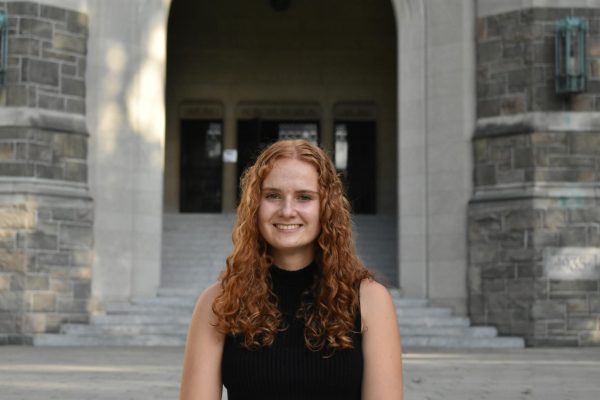
Isabel Danzis is a senior from Bethesda, Md. She is double majoring in journalism and digital technologies and emerging media. The Ram has been a very...





































































































































































































